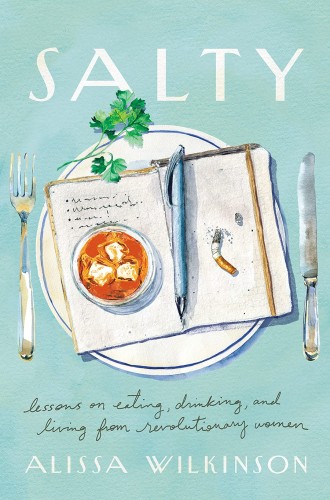A dinner party where women talk food
Alissa Wilkinson imagines Maya Angelou hosting Hannah Arendt, Octavia Butler, Laurie Colwin, and others.
It’s a familiar party game: imagine your ideal dinner party. Invite anyone, living or dead. Who would you bring to the table? Alissa Wilkinson gathers together a group of vital 20th-century women, mostly Americans, who have participated in changing the way our culture thinks about food and community. Her idiosyncratic experiment in biography through food makes for delightful reading. “A dinner party,” she writes, “creates a universe.”
The women she invites aren’t all obvious choices, nor are they all connected to food in obvious ways. Hannah Arendt was not exactly known as a food writer. Octavia Butler, the mother of Afrofuturism, lived an extremely frugal life in order to prioritize her writing. Her idea of a feast was the Pasadena Public Library, where she spent hours doing what she called “grazing.”
At Wilkinson’s dinner party, Butler sits perhaps somewhat shyly next to Elizabeth David, a British writer who, because she couldn’t actually buy a tomato in postwar England, began the transformation of British home cooking through her imagination. She was in a hotel in Ross-on-Wye when, “hardly knowing what [she] was doing,” she took a piece of paper and began to gather her memories of better times and better places and, especially, better food.





